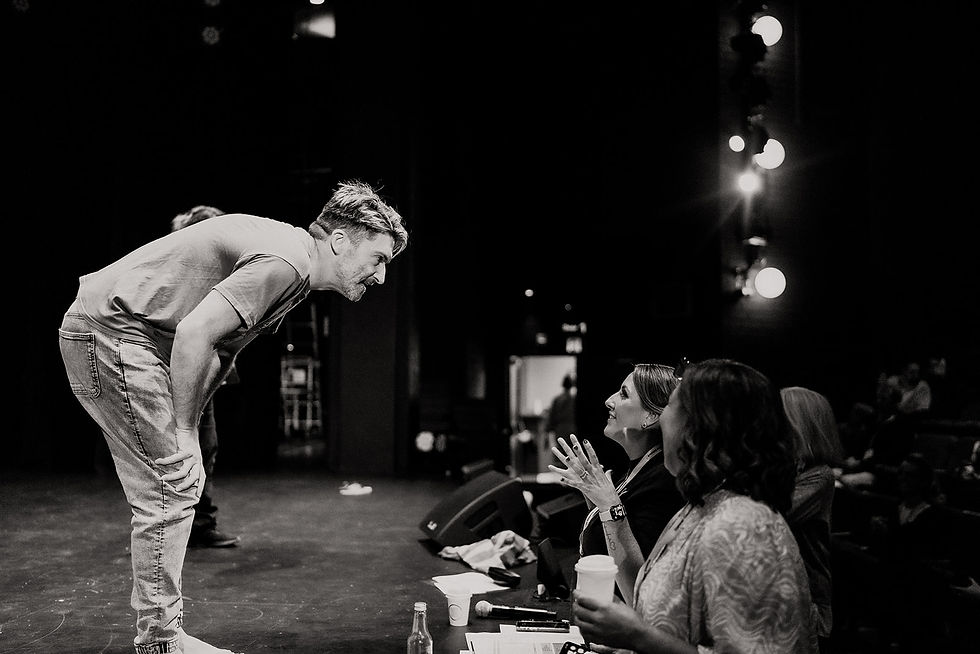The Insider's Guide to Crafting an Unforgettable Music Festival!
- JC Entertainment & Events
- Aug 23, 2024
- 2 min read
Updated: Aug 27, 2024
From the exhilarating tunes to the sea of enthusiastic faces, the thought of organising your music festival can be both exciting and overwhelming. Fear not- this comprehensive guide will walk you through every step involved in planning a music festival, ensuring that your event becomes an unforgettable experience.

Setting the Stage: Budgeting and Beyond
The first crucial step in your festival journey is establishing your budget- before you go to market for supplier quotes and set your ticket price! Determining how much you can allocate to different aspects like venue, artists, marketing, and logistics will be key to your festival's success.
Starting with the venue, ensure you find out what is and isn't included in the price. When booking artists, don't forget to look at their technical requirements to ensure you have an adequate production budget to accommodate them. Artist fees also can include hospitality riders and travel costs- these need to be factored in to your budget.
Put a 10-20% buffer on your original budget in case any extra costs pop up. Remember, a well-thought-out budget will serve as the foundation for all your planning decisions.
Want more budgeting tips for any style of event from event experts James and Emma? Have a listen here.
The Art of Line-up Curation

Crafting a line-up that resonates with your target audience is an art form. Consider mixing established headliners with emerging artists to create a diverse and captivating musical experience. Remember, variety is key to keeping attendees engaged and excited.
Roles and Responsibilities

Having set roles and responsibilities ensures that your festival runs with clear communication and coordination. The three key roles that are important to have are: Production Manager, Artist Liaison, and Stage Manager.
A Production Manager's key responsibility is to coordinate all elements: audio, lighting, vision, and staging. Ensuring all artist's technical requirements are met is crucial.
The Artist Liaison is the key point-of-contact between the artists and the Production and Stage Managers. Their duty is to fulfil artist requests and cooperate with the Stage Manager.
Often overlooked, the Stage Manager is extremely important in ensuring the sets run to time and the stage changeovers happen smoothly. Each role plays a vital part in creating a seamless experience for attendees.
Engaging Your Audience: Guest Experience Tips

Interactive Activities: Create immersive experiences, such as workshops or markets, that allow attendees to engage with the festival on a deeper level.
Food and Beverage Options: Offer a diverse range of food vendors to cater to different tastes and dietary preferences.
Comfort and Safety: Provide ample seating areas, shade, water stations, and medical aid to ensure attendees' well-being.
The Big Day: Executing Your Vision
Planning a music festival is no small feat, but with careful preparation, attention to detail, and room for flexibility, you can create a magical experience that will leave a lasting impact on your guests.
To listen to James and Emma's hot festival tips, catch them on Episode 21 of the Creating Experiences Podcast here.





Comments